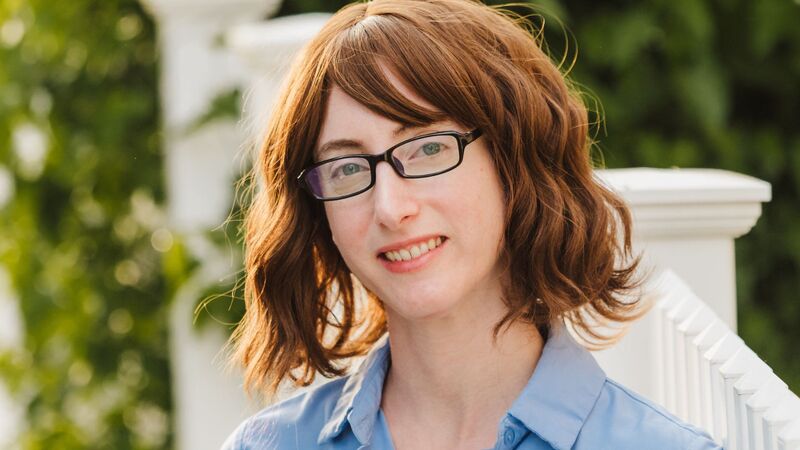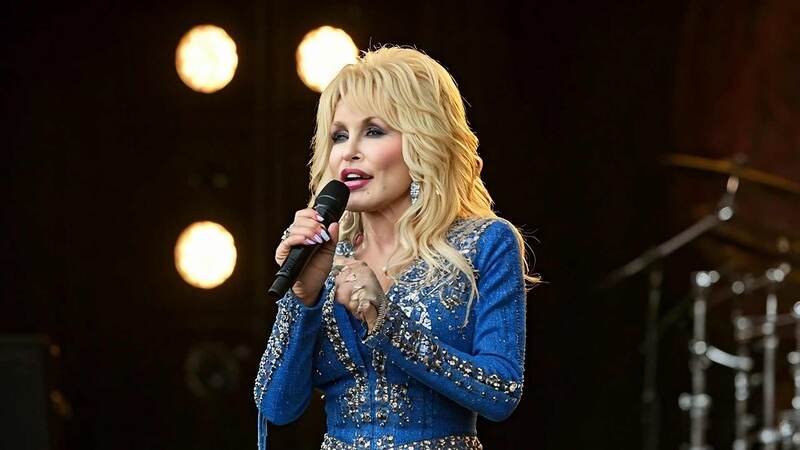You are viewing your 1 free article this month. Login to read more articles.
Libraries raise awareness of Banned Books Week
The British Library, the Free Word Centre and Islington Libraries have come together alongside the American Library Association (ALA) to celebrate Banned Books Week in the UK for the first time.
Launched in 1982 in response to a sudden surge in the number of challenges to books in schools, bookstores and libraries in the US, Banned Book Week aims to draw attention to the issues of censorship and free speech. Since it was launched, more than 11,300 books have been challenged, the ALA has said. Awareness of the week, taking place now until 1st October, is steadily growing in the UK.
The British Library, Free Word Centre and Islington's Libraries told The Bookseller they hoped to see awareness for the week grow further in the UK as it has done in the US.
"We are promoting the week to raise awareness of the issues of censorship and free speech in the UK," the British Library said. "We see it as an opportunity for all organisations working in literature and literacy to be part of this vital discussion and we hope to see Banned Books Week grow in the UK as it has done in the USA."
The British Library launched Banned Books Week on Thursday (22nd September) with an event on censorship, which saw writers Melvin Burgess and Matt Carr in conversation with the director of English PEN Jo Glanville. One of Burgess’s own books, Junk (Andersen Press), which deals will heroin addiction and teenage sex, is on the list of 40 books that have all been subject to calls for censorship in some countries. It will be actively promoted by Islington Council’s Library and Heritage Service this week.
In a blog post for the British Library, Burgess said: “Written matter is, in fact, the only media in which any serious issues can be seriously explored in a fictional way for people under the age of eighteen. Film, for instance, is strictly censored according to age – we're all familiar with the age rating for films in the cinema."
He went on to say: "Censorship of books does occur, however, at a much more local level. I remember very well the librarian who kept my books in a locked cupboard at the back of the library, so that no innocent youngster could inadvertently come across them, and suffer god only knows what forms of psychic shock or corruption. That's an extreme example, but that librarian was acting in the manner in which censorship against books does occur; by the system of gatekeepers. I'm referring to those people who are in a position to control or regulate books to young people; librarians, teachers, bookseller managers, parents – in other words, the very people whose job it is to encourage reading are the ones who also take it upon themselves to limit it."
Islington Libraries has put together a list of notable banned books which includes Margaret Atwood's The Handmaid's Tale (Vintage), Dan Brown's The Da Vinci Code (Corgi), Mark Haddon's A Curious Incident of the Dog in the Night-Time (Vintage) and Khaled Hosseini's The Kite Runner (Bloomsbury).
Others books threatened with censorship include children’s classics such as Roald Dahl’s Matilda (Puffin) and Philip Pullman’s His Dark Materials trilogy (Scholastic), as well as J.K. Rowling’s Harry Potter series (Bloomsbury) and Beloved by Toni Morrison (Vintage).
The books will be promoted at local reading groups and book clubs across Islington and the country during September and October. They will also feature on the ‘Reading Groups for Everyone’ website.
Author SF Said penned a blog post for the Chartered Institute of Library & Information & Professionals (CILIP), about how closing libraries is tantamount to state censorship.
Said said: “...To me, the idea that library staff and services are being cut is tantamount to censorship. It should provoke the same feelings of outrage. For Banned Books Week, I'd like to encourage everyone out there who cares about freedom of thought to write to their local councils, councillors and MPs about this question. Tell them how important your library services are to you, especially your children's library services and the librarians who deliver them. Make sure they know that you do not want your rights and those of your children to be cut; and that if governments do not listen to the public on this issue, they are cutting democracy and liberty just as surely as if they were censoring us.”
Nick Poole, chief executive of CILIP, also linked the closure of libraries to censorship.
“In the UK it is easy to take the freedom to read, think and create for granted," he said. "Yet decisions such as the one taken by Lancashire Council to close 20 library services put the basic principle of equal access to books and reading at risk. Children in those towns and communities will be denied the access to the knowledge they need to read, learn and get on in life. It shows that we have to keep fighting for the basic right to benefit from a strong local library service."
On Tuesday (27th September), the Free Word Centre will also be hosting ‘Who Is Afraid of Comics?’ about censorship in comic books.
The ALA’s Office for Intellectual Freedom estimated that over half of all banned books are by authors of colour, or contain events and issues concerning diverse communities.
Judith Platt, Association of American Publishers’s director of Free Expression Advocacy, said: “Banning books by diverse authors or books dealing with people or situations that are unfamiliar or strange to the majority of Americans creates fear rather than promoting understanding. Young people especially need books that shed light on a diversity of experience, background, culture, gender, and religion. Books that feature people of color, people with disabilities and people seeking answers to questions about gender identity create opportunities for learning and openness. This is the only way we can ever hope to stop being ‘them and us’ and become ‘we’.”



















